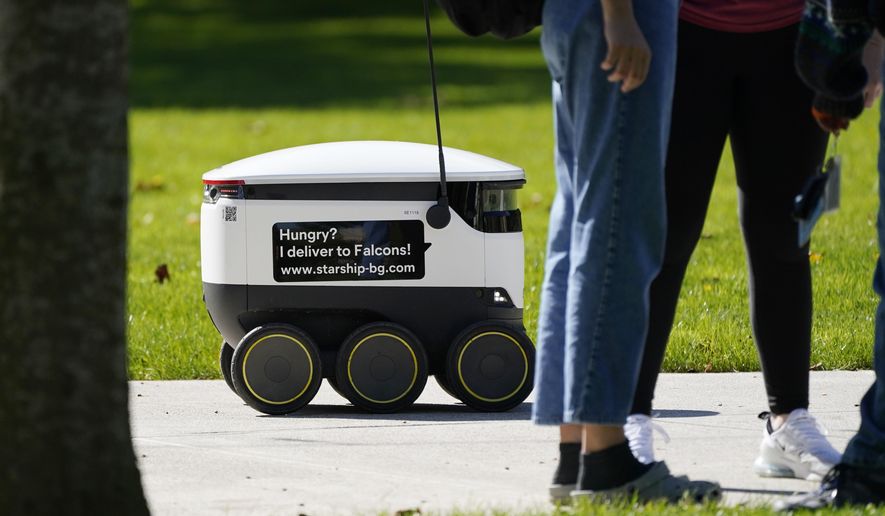OPINION:
Once upon a time, the business of creating humans stood firmly in the domain of God, with men and women — in His image He created them, both males and female He created them — only serving to fruitfully multiply their own little creations called children in the normal, biological sense He also ordained.
Enter 2023.
Enter a new wave of seriousness of technological pursuits.
“[F]or some [artificial intelligence] industry leaders, chatbots and image-generators are far from the final robotic frontier,” Futurism wrote. “Next up? Consciousness.”
Scientists want to create a robot that can think, act, decide and do for itself, just like the humans God created. A kind of mind-by-battery; a sort of soul, even, by science.
It’s not as if the dream of the thinking ‘bot hasn’t surfaced for years in literature, film and scientific pursuit. It’s that 2023 is breathing new life into the dream. It’s moving more mainstream. It’s becoming an actual thing.
“This topic [of consciousness] was taboo,” said Hod Lipson, the mechanical engineer in charge of the Creative Machines Lab at Columbia University said to The New York Times. “We were almost forbidden from talking about it — ‘Don’t talk about the c-word; you won’t get tenure.’ ”
But the atmosphere has completely changed.
“This is [now] not just another research question that we’re working on,” Lipson said. “This is the question. This is bigger than curing cancer.”
Is it really, though?
Or more to the point — should it really be?
After all, cancer is a scourge of humanity that has killed millions and caused the suffering of millions more. On top of that, cancer comes with a clear definition. Doctors know when you have cancer. On the matter of consciousness — that’s still largely undefined.
Is it when the machine can imagine its own fate, and react accordingly?
Is it when the clumps of metal can learn from mistakes to the point of problem-solving those matters they’ve not been directly programmed to solve?
It’s up in the air. It’s debated definitions. It’s far from settled science.
And that only opens the door to deeper and deeper tinkering, and dicier and dicier research, and darker and darker probing, into an area of technological development that, in the end — in the end, just as in the beginning — begs the question: Why?
Thinking, feeling, adapting and mentally maturing robots may sound cool; may make for great Guardians of the Galaxy and Robot Man comic book-based Hollywood blockbusters. But in the real world?
In the real world, it’s creepy. Creepy and wicked.
There’s a reason God booted Satan from Heaven. It was because Satan wanted to be God.
Pride goeth before a fall, as the passage reads.
In science, in technology, in artificial intelligence and the like, the first question should always be, “what for?” And if the answer is no better than a derivative of “because I can,” then perhaps it’s best to keep that box closed.
God, after all, will not be mocked. And racing to become the first to build a copycat of the human mind and soul would seem to fall under the general category of clipping from God’s glory.
• Cheryl Chumley can be reached at cchumley@washingtontimes.com or on Twitter, @ckchumley. Listen to her podcast “Bold and Blunt” by clicking HERE. And never miss her column; subscribe to her newsletter and podcast by clicking HERE. Her latest book, “Lockdown: The Socialist Plan To Take Away Your Freedom,” is available by clicking HERE or clicking HERE or CLICKING HERE.




Please read our comment policy before commenting.